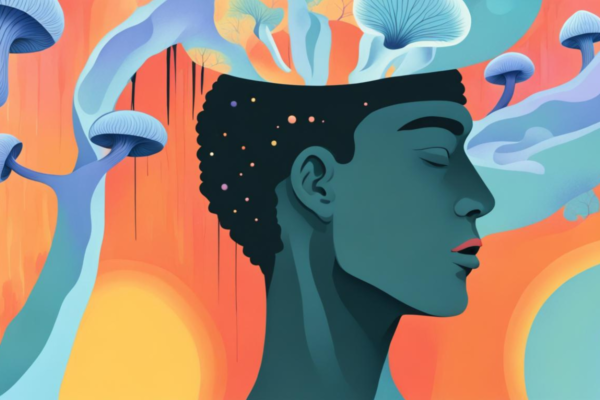
Most of the research into psychedelic medicine has focused on treating mental health conditions. But psychedelic medicine company Mind Medicine (MindMed) is launching a new initiative to investigate one particular psychedelic for pain conditions. The company’s Project Angie initiative will explore using LSD (lysergic acid diethylamide) for two different clinical pain indications. The news comes days after MindMed’s IPO.
For the first, MindMed is preparing an Investigational New Drug (IND) briefing package for a Phase 2a Proof of Concept study to evaluate LSD for severe pain. The company aims to present the IND application to the U.S. Food and Drug Administration later this year. Additionally, MindMed is evaluating a second indication involving an as-yet-unnamed common, but often debilitating, chronic pain syndrome.
One in five adults in the U.S. suffers from chronic pain. It is one of the most common reasons adults seek medical care, leading to disability, anxiety and depression, and reduced quality of life. Pain can also lead to a dependence on opioids which, in turn, has contributed to the nation’s opioid epidemic. People who suffer from chronic pain have limited treatment options beyond highly addictive opioids and nonsteroidal anti-inflammatory drugs (NSAIDS).
However, preliminary research suggests that psychedelic medicine may have the ability to treat pain in an entirely different way than therapies currently on the market. How they work is not fully understood but researchers believe it may involve direct effects on endogenous pain modulations pathways. “This mechanism is particularly relevant as altered function, or dysfunction, of these pain modulation pathways has been implicated in a range of pain syndromes,” MindMed said in a news release.
“With the launch of Project Angie, we seek to align closely with MindMed’s core mission to improve mental health and combat substance use for the many patients in need,” said MindMed CEO & Co-Founder J.R. Rahn. “If we can help to develop a new paradigm to treat pain, it may have the potential to greatly reduce the use of addictive medicines such as opioids currently ravaging society and its mental health.”





